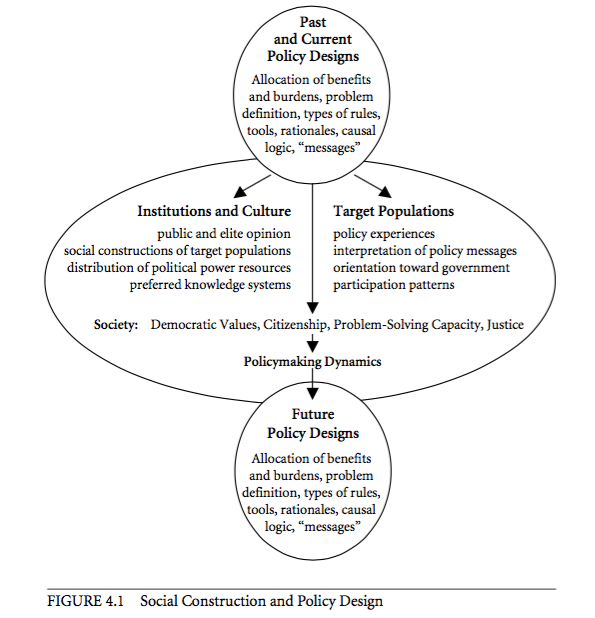Home | Overview | Schedule | Links
EVR 2861
Introduction Environmental Policy
Session Nine
Case Study 3: Hydrofracking

Note:
There is a lot of information and misinformation on hydrofracking so I encourage students to carefully view "Gasland 2010" and "Fracknation" since they present the competing perspectives on this issue.)
Reading:
Cohen, Steven (2014) Understanding Environmental Policy. New York, NY: Columbia University Press, Ch. 5.
Video: Hydrofracking Explained; NY State Hydrofracking Debate; Gasland 2010; Fracknation (Rent at GooglePlay site for $2.99 - a film required for this session).
Homework:
- Complete the assigned reading and watch all of the assigned videos but particularly Gasland 2010 which is available for free online and is an anti-fracking film followed by Fracknation - that you must rent to watch and must watch - which is a pro-fracking film. You must watch Gasland 2010 and Fracknation to get both perspectives on the fracking issue! Thereafter apply Cohen's policy framework and identify the pertinent (1) values, (2) political issues, (3) science & technology concerns, (4) public policy design and (5) management issues that appears to be involved with hydrofracking.
- Now consider Ingram's policy framework illustrated below which is based upon Charles Lindblom's (1959) concept of incrementalism that begins policy deliberations from the perspective of past and current policy formulations before taking into consideration current socio-cultural, institutional and population related issues to formulate future policy positions. Keep in mind that Lindblom describes incrementalism in this fashion:
"It is a matter of common observation that in Western democracies public administrators and policy analysts in general do largely limit their analyses to incremental or marginal differences in policies that are chosen to differ only incrementally. They do not do so, however, solely because they desperately need some way to simplify their problems; they also do so in order to be relevant. Democracies change their policies almost entirely through incremental adjustments. Policy does not move in leaps and bounds." (Lindblom, 1959, p. 84*)
From this perspective consider the hydrofracking case covered in this class session and - from the "social construction and policy design" perspective of Ingram et al., (2007) - outline the (1) past and current approaches to the hydrofracking problem as employed by the various states (2) consider contemporary socio-cultural, institutional and population related issues and (3) describe future policy options that either are under consideration by the various states or have been discussed by interested participants in the policy issue.
*Lindblom, Charles (1959) "The Science of Muddling Through," Public Administration Review. Vol. 19, No. 2 (Spring), p. 79-89.
